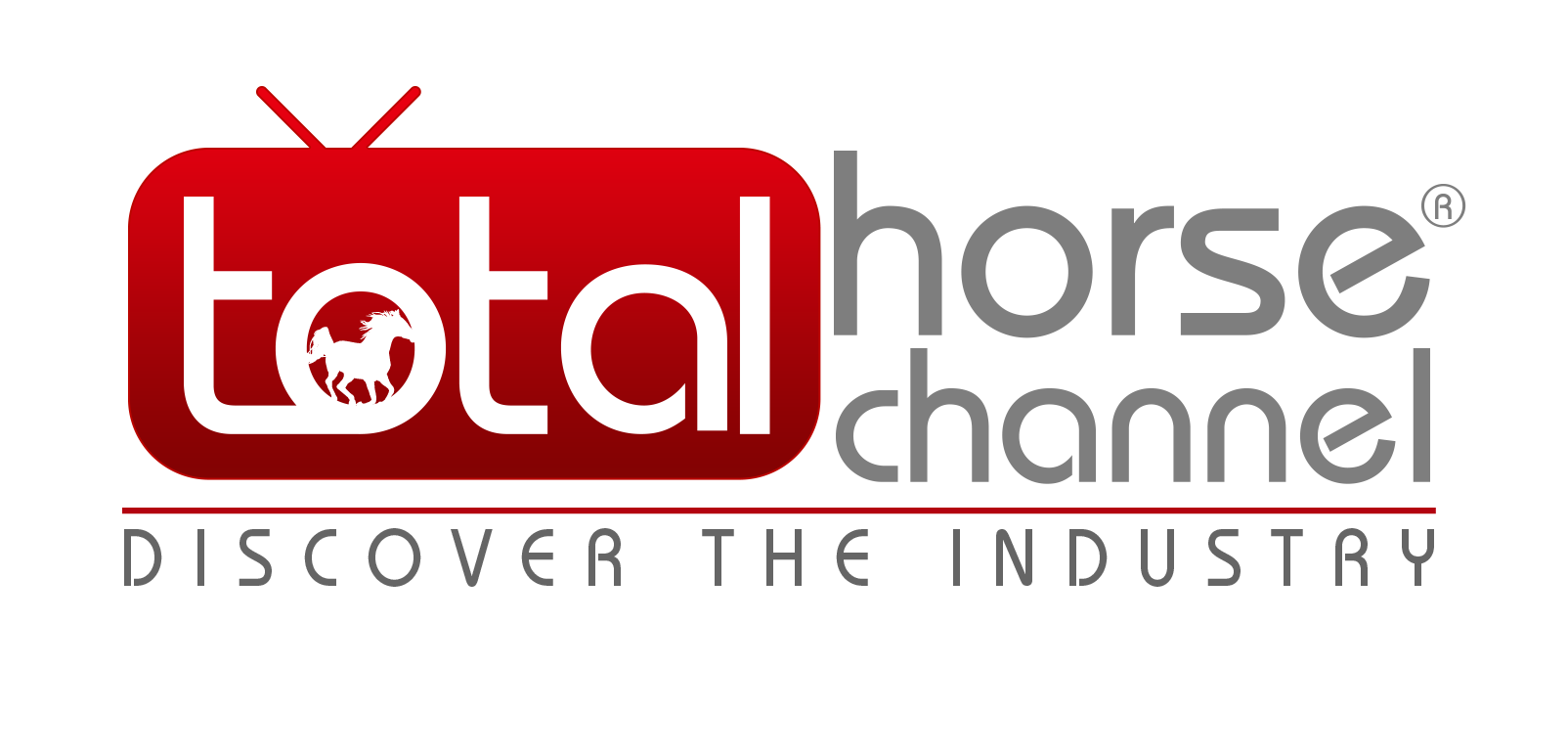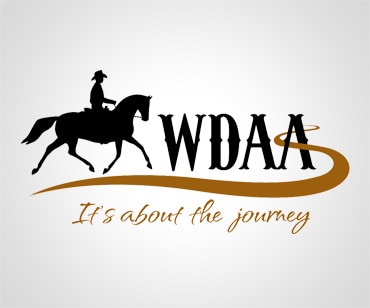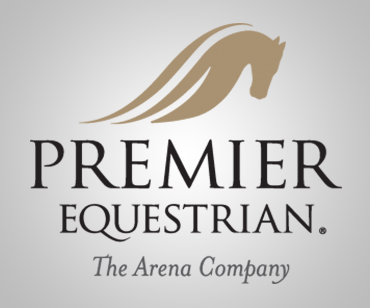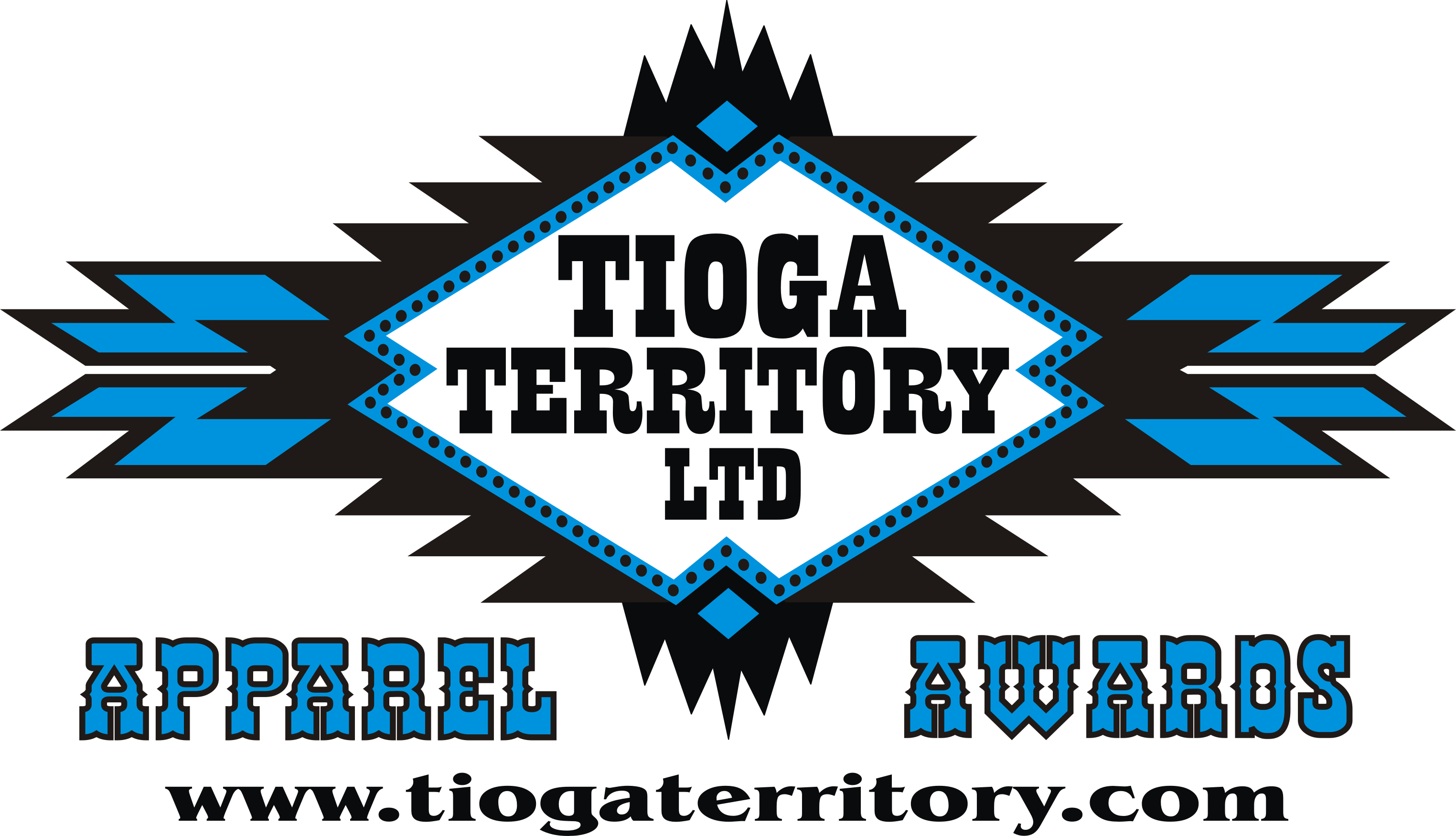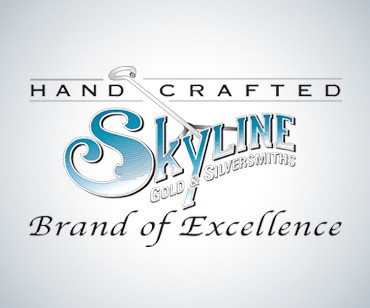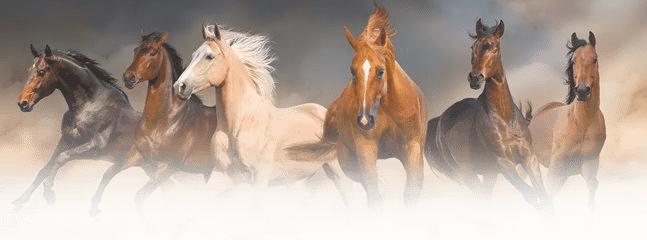Performance horses, renowned for their athleticism and grace, often push their bodies to the limit in various disciplines, be it dressage, show jumping, or racing. These horses require top-notch care to ensure they stay in optimal health and perform at their peak.
However, they can suffer from various health issues even with the best care. By recognizing the signs early and providing effective solutions, horse caregivers can ensure their equine partners stay in the best possible condition.
In this article, we’ll delve into the various health issues performance horses may encounter and offer solutions to mitigate these challenges.
- Musculoskeletal Problems
In the performance world, exercising horses is paramount to maintaining their flexibility, strength, and overall health. However, it can sometimes lead to musculoskeletal problems. A horse’s musculoskeletal system plays a pivotal role in their performance, encompassing bones, muscles, ligaments, tendons, and joints.
Some common musculoskeletal problems in horses to watch out for include:
- Lameness: It’s an abnormal gait or stance caused by pain or a mechanical problem in one or more limbs. Several factors that cause lameness include hoof problems, joint injuries, fractures, or infections. To address lameness, regular check-ups, corrective shoeing, and joint supplements can be effective preventive measures. Once lameness is detected, knowing its cause is crucial to devise an effective treatment plan.
- Tendonitis and Desmitis: Tendonitis and desmitis are two common musculoskeletal problems in horses. Tendonitis is the inflammation of a tendon, while desmitis is the inflammation of a ligament. Tendons connect muscles to bones, while ligaments connect bone to bone. Overstretching or overloading these tendons can cause inflammation in performance horses. Hence, aside from check-ups and supplements, therapeutic ultrasound and shock wave therapy can help treat tendonitis and desmitis.
If you think your horses may have a musculoskeletal problem, having them examined by a veterinarian as soon as possible is important. Early diagnosis and treatment can help prevent the problem from becoming more serious.
- Respiratory Issues
The respiratory system provides the necessary oxygen for the muscles during rigorous activity. Any disruption in the system can hamper a horse’s performance. Some common respiratory issues that these animals may experience include:
- Exercise-Induced Pulmonary Hemorrhage (EIPH): Also known as “bleeding” in horses, it’s a condition in which blood accumulates in the lungs after strenuous exercise. To address EIPH, using nasal strips can be an excellent solution since they can help enhance airflow.
- Recurrent Airway Obstruction (RAO): Also known as heaves, it’s a chronic inflammatory disease of the lower airways in horses. It’s characterized by narrowing of the airways, mucus production, and bronchospasm. Nebulizers with bronchodilators or corticosteroids can provide relief by delivering medication directly to the horses’s lungs.
Knowing these issues can help keep your horse’s respiratory system in good shape and prevent complications from developing.
- Digestive Problems
Horses have a unique digestive system designed for a steady intake of forage. However, any sudden change or stress can upset this delicate balance, leading to problems for performance horses. The following are some digestive issues to be wary of in your equine partners:
- Gastric Ulcers: These are sores that can develop in a horse’s stomach lining. Stress, medication, or a diet high in grains can contribute to ulcer formation. To treat gastric ulcers, stress-reducing techniques, and practices, like providing a companion or ample turnout time, can be used since they can help prevent ulcer development.
- Colic: It’s a general term used to describe abdominal pain in horses. There are various types of colic, from gas colic to more severe impactions or twists. To prevent this digestive problem in horses, regular dental check-ups, consistent feeding routines, and parasite control can be excellent treatment methods.
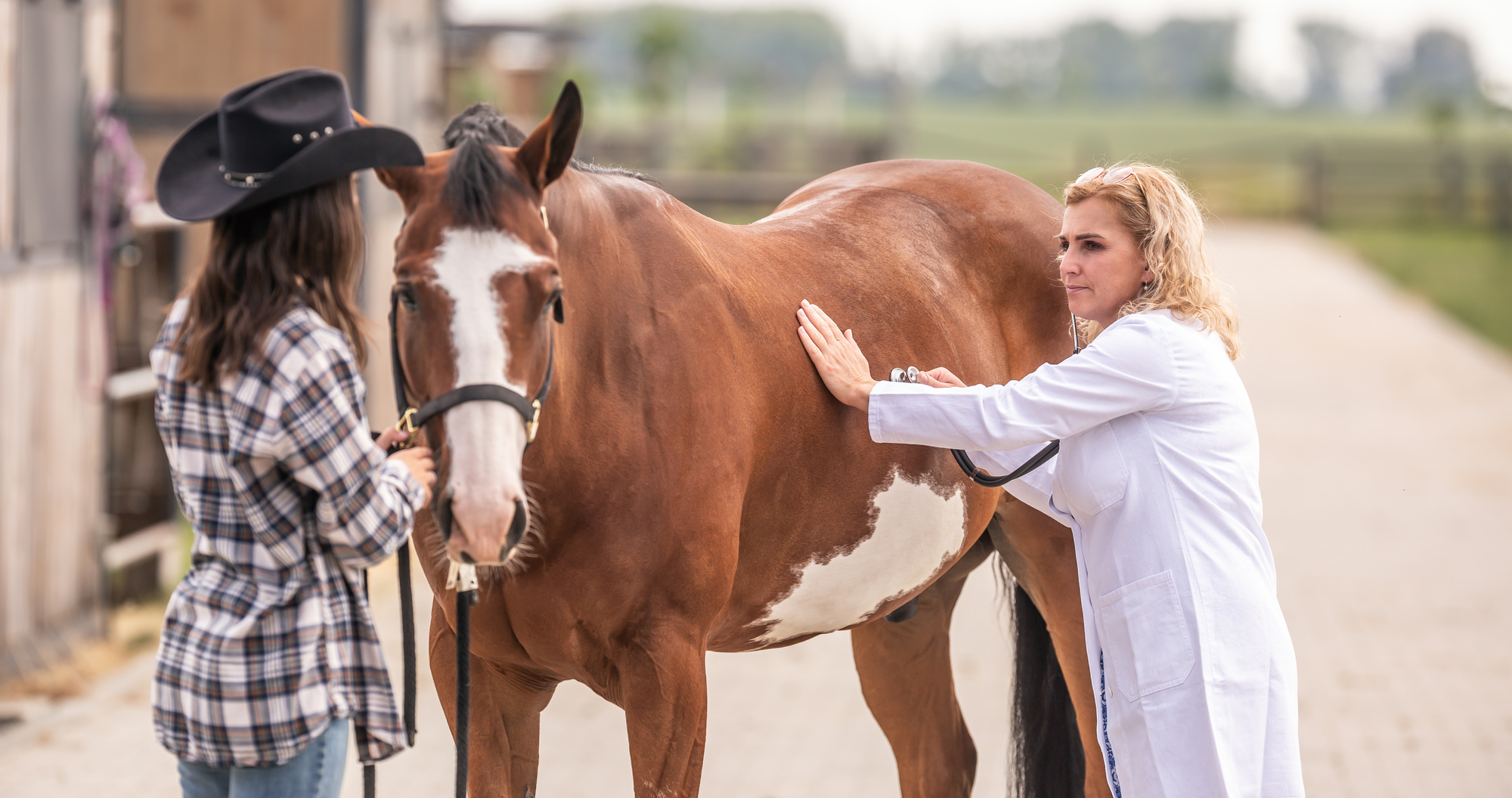
If you have any concerns about digestive problems or the health of your horses, be sure to consult with your veterinarian.
- Skin And Coat Issues
The skin, being the largest organ, acts as a barrier against environmental threats and is a window to a horse’s internal health. Performance horses with skin issues are more susceptible to serious health issues. Some common skin and coat issues in your equine partners include:
- Rain Rot: Also known as rain scald, it’s a bacterial skin infection caused by the bacterium Dermatophilus congolensis. Rotational grazing or ensuring pastures don’t become overly muddy can help prevent bacterial buildup.
- Ringworm: Also known as dermatophytosis, it’s a skin infection caused by fungus. It’s a highly contagious infection that can spread to other horses, as well as to people and other animals. To address ringworm, it’s best to quarantine affected horses and thoroughly disinfect tack and grooming tools.
Knowing some skin issues in performance horses early on is essential for early diagnosis and treatment.
- Nutritional Concerns
The nutritional demands of performance horses are higher than their sedentary counterparts, making it vital to provide a balanced diet. Failure to feed your performance horses with a balanced diet can result in some of the following nutritional concerns:
- Tying Up (Exertional Rhabdomyolysis): It’s a painful muscle disease that can affect horses of all ages and breeds. Genetic factors or metabolic issues can also play a role in this condition. To solve this health issue, using antioxidant supplements, like vitamin E and selenium, is important to support muscle health and prevent episodes.
- Electrolyte Imbalances: These occur when the levels of electrolytes in the blood are too high or too low. To address electrolyte imbalances, monitoring signs of excessive sweating and providing electrolytes even before rigorous activities is vital to ensure the horse is well-hydrated and balanced.
If you suspect your horses have an electrolyte imbalance, contact your veterinarian immediately for proper treatment.
Final Thoughts
Performance horses, while robust and majestic, are susceptible to many health issues due to the rigors of their disciplines. By identifying the signs of these problems and proactively seeking solutions, you can ensure the well-being and longevity of your equine athletes. With proper care, understanding, and a preventive approach, you can safeguard your prized horses against several common ailments.
